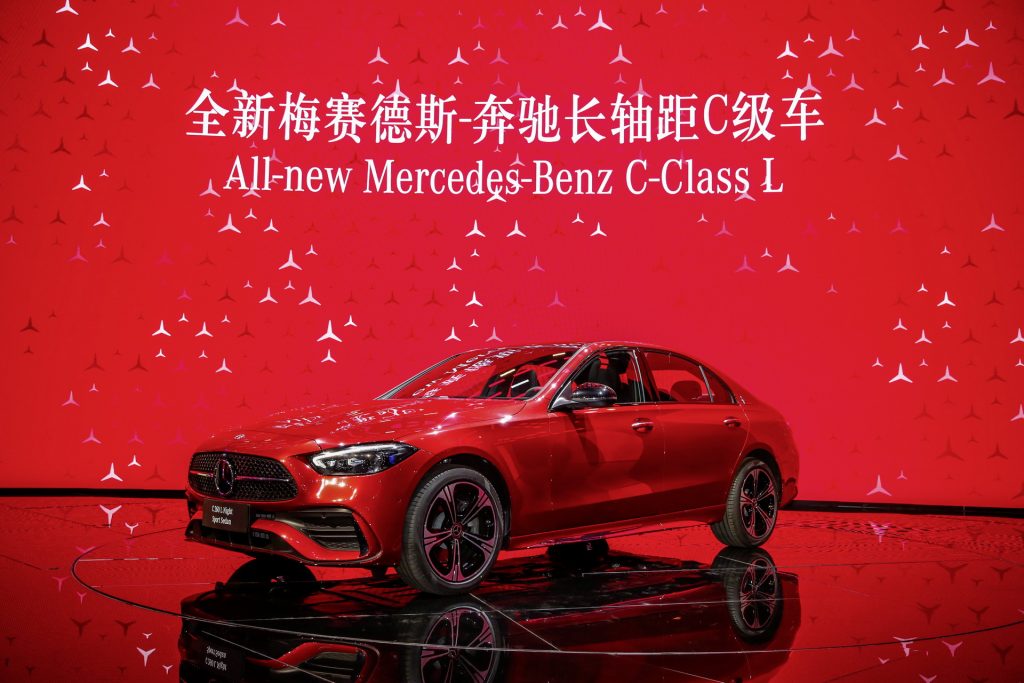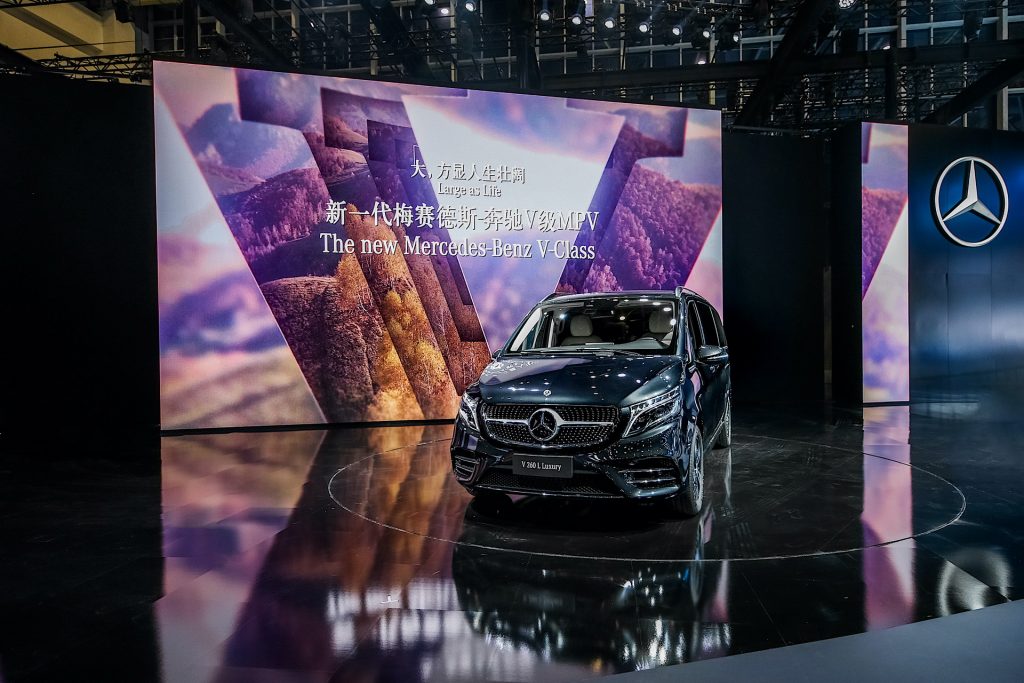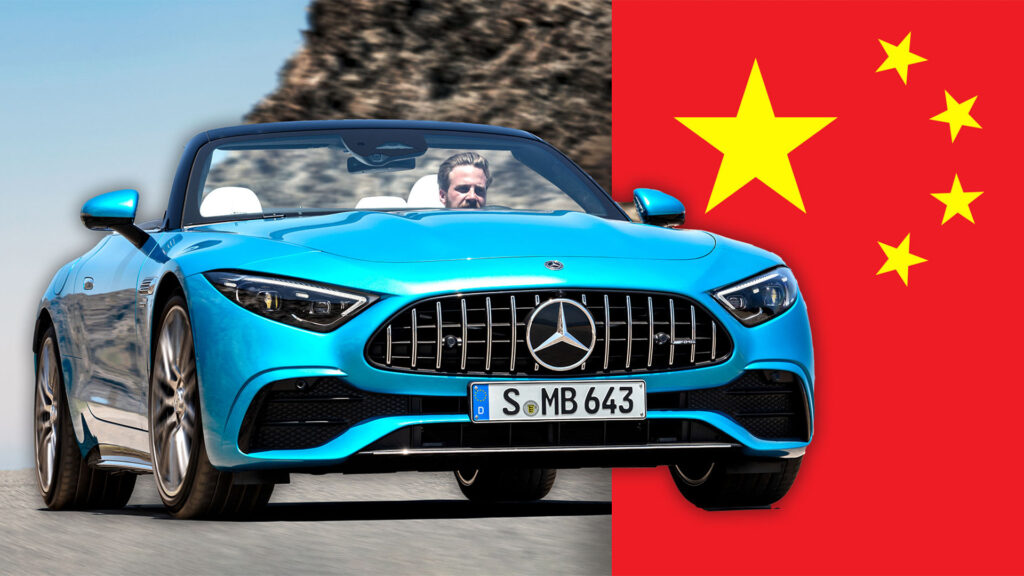Mercedes-Benz boss Ola Kallenius has underlined the importance of the Chinese market for not only the German car manufacturer but also the broader automotive market in a wide-ranging interview with Bild.
The 53-year-old chief executive of Mercedes recently visited China for three weeks and during his time there, was asked about how the current political climate in the country could impact the brand moving forward. According to Kallenius, it would be very difficult to decouple from China were it to invade Taiwan, even though Mercedes-Benz and many other brands left Russia after the escalation of its war against Ukraine.
“The major players in the world economy, Europe, the USA and China, are so closely intertwined that decoupling from China makes no sense,” he said when asked about a Chinese attack on Taiwan. “It’s about win-win in terms of growth and climate protection, not about competing against each other. We are not naive. Of course, we see the political differences and tensions [between China and Taiwan]. We have to become more resilient here and more independent of individual countries, for example when it comes to lithium batteries. But a disengagement from China is an illusion and not desirable either.”
Read: Mercedes’ EQ Performance Subscriptions Start At $60 A Month For 60 HP

Kallenius added that it “would be unthinkable for almost the entire German industry,” were Mercedes-Benz to ever discontinue its operations in China.
China is a hugely important market for Mercedes-Benz and last year, accounted for 37% of the brand’s total sales and 18% of its revenue. Kallenius noted that there are some areas where Chinese car manufacturers have an advantage over some of Germany’s legacy automakers.
“What is done well there, for example, is the infotainment,” he told Bild. “Entertainment electronics in cars has not played the most important role for German customers so far. Chinese customers, on the other hand, attach great importance to this. An example: karaoke in the car. They can therefore also sing karaoke in the long version of the new E-Class.”
The boss of Mercedes-Benz also disputed an assertion that the German manufacturers may be losing out to Chinese rivals.
“In China, electric mobility has so far developed via inexpensive small cars and city cars,” he said. “Well over 90 percent of sales are achieved with e-cars that cost less than 40,000 euros. We don’t even compete in that segment. We don’t want to get involved in the price war in the volume market either. Mercedes customers expect something special. Overall, we were able to increase our sales of all-electric models in China by over 150 percent in 2022.”




